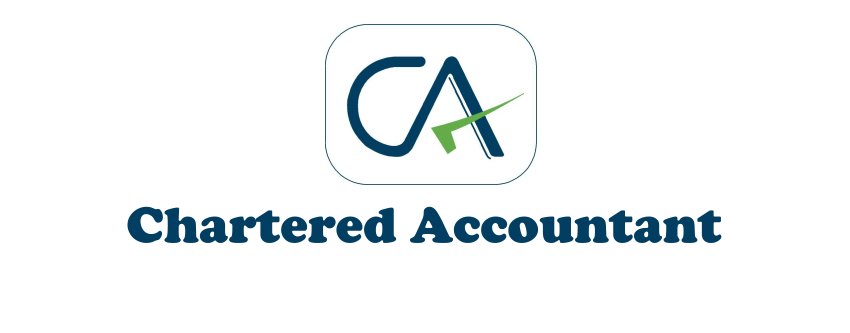The government has recently introduced several significant updates to taxation laws that will impact individuals, businesses, and tax professionals. Staying informed about these changes is essential for ensuring tax compliance and optimizing your financial strategies. Here’s a comprehensive overview of the latest taxation updates:
1. Revised Income Tax Slabs for Individuals
In the new fiscal year, there have been adjustments in the income tax slabs for individual taxpayers. The tax relief aims to ease the financial burden on middle-income groups while increasing tax collection efficiency. The new structure encourages savings and investments, offering benefits through deductions and exemptions. If you fall within these categories, you can now enjoy more disposable income.
Key Changes:
- Increased basic exemption limit for individuals below 60 years
- Enhanced deductions under sections like 80C, 80D, and 80G
- Revisions in tax rates for higher income brackets
2. Corporate Tax Reforms
The government has implemented changes to corporate tax rates, aimed at encouraging businesses to reinvest and expand. The reduced tax rates for certain categories of companies and adjustments in the Minimum Alternate Tax (MAT) will positively affect corporate profitability. Startups, in particular, will benefit from tax exemptions and deductions on investment in research and development (R&D).
Key Highlights:
- Reduction in corporate tax rates for certain companies
- Enhanced deductions for innovation and R&D investments
- Extended tax benefits for start-ups
3. Goods and Services Tax (GST) Reforms
The GST regime has seen some updates, with the introduction of new categories and changes in tax rates for various goods and services. This includes simplification in the return filing process and greater emphasis on digital compliance. Additionally, the threshold for GST registration has been revised, affecting smaller businesses. These changes aim to improve the overall efficiency of the system and reduce the tax burden on small enterprises.
Notable Changes:
- Simplified GST return filing system
- Revision of GST exemption limits for small businesses
- Introduction of e-invoicing for certain businesses
4. Tax on Capital Gains
Changes in capital gains tax rules are among the most debated topics in recent updates. The government has introduced a revised structure for long-term and short-term capital gains tax. The modifications aim to create a more balanced and equitable system, encouraging more people to invest in equities and bonds while making sure tax rates are aligned with inflation adjustments.
Important Changes:
- Short-term and long-term capital gains tax rates have been adjusted
- Indexation benefits for capital gains tax on certain assets
- Exemption for capital gains on residential property under certain conditions
5. Tax Incentives for Sustainable Investments
To encourage sustainable business practices, the government has rolled out new tax incentives for green investments. These include deductions for investments in renewable energy projects and tax relief for businesses transitioning to eco-friendly technologies. This move aligns with global sustainability goals and provides companies with a unique opportunity to reduce their tax burden while contributing to environmental protection.
Key Features:
- Tax deductions for investments in renewable energy
- Relief for companies adopting sustainable technologies
- New schemes for eco-friendly businesses
6. Enhanced Penalties for Non-Compliance
The government has also introduced stricter penalties for non-compliance with tax laws. This includes increased fines for late tax returns, failure to comply with GST regulations, and other violations. It is crucial for individuals and businesses to adhere to tax deadlines and regulations to avoid unnecessary financial penalties.
Key Points to Note:
- Increased penalties for late tax filings
- Stricter measures for GST non-compliance
- Enhanced scrutiny on high-value transactions
How to Stay Compliant with Taxation Updates
To navigate these updates efficiently and make the most of available benefits, it’s important to consult with a tax expert or a Chartered Accountant. Regularly reviewing your tax planning strategies can help you avoid surprises at the end of the financial year and ensure you’re optimizing available deductions and exemptions.
These taxation updates provide ample opportunities to save and grow your wealth, but also necessitate careful attention to detail. Stay ahead by keeping yourself informed and taking proactive steps towards compliance.
Contact Us: Reach out to our expert CA team today for personalized advice on how these updates impact your financial situation.



